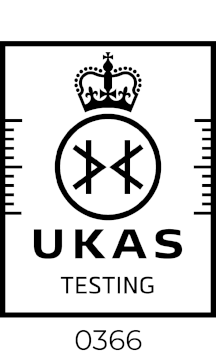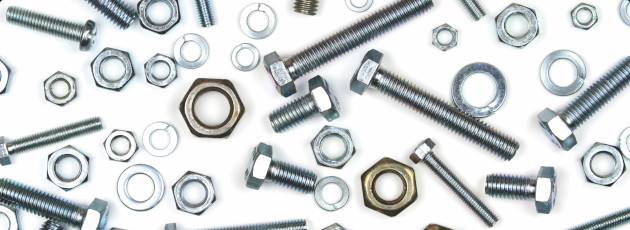Fastener Testing FAQs
Fasteners are the most important component of any structure, providing the strength and durability necessary for holding other materials together. Fasteners are typically comprised of nuts, bolts, screws, and studs.
A fastener should be independently tested to understand if the product or the comprised materials are fit for purpose. This allows the manufacturer, supplier or testing laboratory to understand whether the product has been produced correctly, with the correct variation of materials and treatments for withstanding the required conditions.
For example, our laboratory can test the maximum strain a fastener can take, before breaking, or bending. Macro and micro examinations can also be conducted, to look closer at a materials composition. If a fastener has failed whilst in use, a sample can also be sent to our laboratory for testing, to ensure this failure does not occur again.
It is crucial to ensure that fasteners are comprised of the correct materials, suitable for their intended use. If a fastener fails to perform successfully whilst in use, it can lead to detrimental consequences for structures, and the health and safety of people around them.
Fasteners make up a large majority of overall structural integrity and can cause the whole structure to fail if they do not operate correctly. Failed fasteners have previously been the cause behind plane crashes, industrial accidents, and ship disasters, such as oil spills and sinking accidents. This can cause negative legal implications for the companies involved in the fastener’s supply chain, so testing is crucial to prevent these issues from occurring.
Fasteners can be tested in a variety of different ways. At Rotech laboratories, we are able to test and verify fasteners through services such as corrosion, mechanical testing, metallurgical testing, and chemical analysis, for alignment with a variety of UKAS specifications and standards.
Fastener test results are always provided to the customer, including fastener suppliers, manufacturers and external third parties involved in compliancy. It is extremely important for the customer to understand why the composition of a fastener may need alterations, or why as a consequence it has failed. This allows the supply chain to alter processes, to prevent failures from occurring, saving money, time, and the health and safety of end-users.
Outsourcing fastener samples and materials to an independent testing laboratory such as ourselves, is a crucial step in ensuring products and materials are safe for use. If a fastener manufacturer or supplier does not have the capacity and expertise for testing, it is a cost-effective, and safe way for ensuring relevant compliancy.
Accreditations

No. 0366 Our accreditation is limited to those activities described on our UKAS schedule of accreditation found here

We are Nadcap accredited to Aerospace Quality System (AC7004) and Chemical Processing (AC7108).
